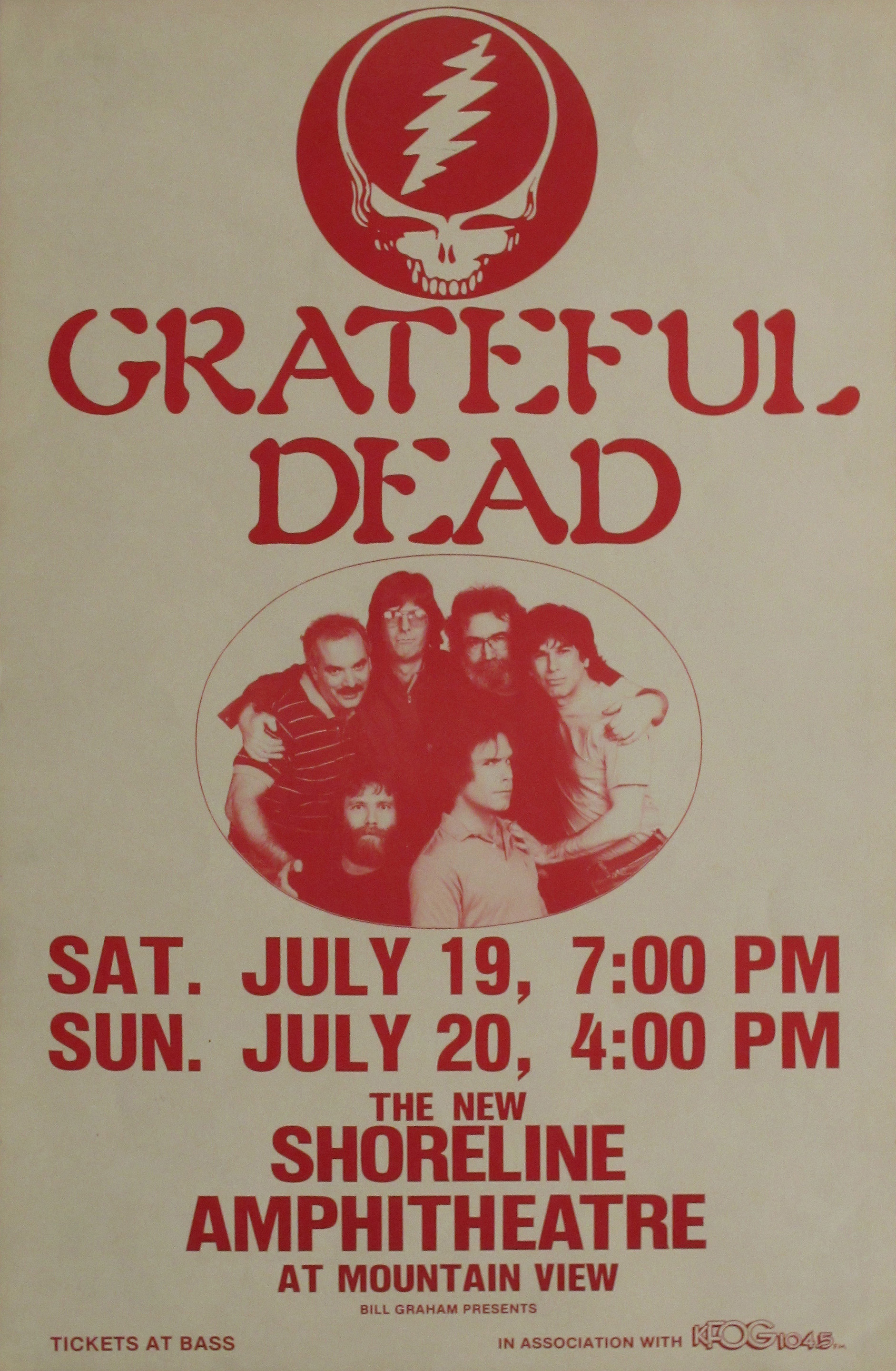

I just love the song, and I love his rendition of it. And his guitar playing is just so moving. Even without the teleprompter, he could usually remember most of it. It’s a mystery to me why we didn’t start playing it earlier. PHIL LESH, Grateful Dead bassist: “Visions of Jonhanna” is such a great song, and had such an identity with it. And even when it was bad in the nineties, those three minutes of magic every night were worth it for me to stay there.” He said, “Most of that stuff was terrible, but no matter what, even if Jerry was out of his mind, every night there was at least one song-or sometimes it was just three minutes-when the magic would happen. He was talking about the nineties in particular, when Jerry was out on the smack again. I remember one time when I was talking with Billy. Not just drug use, but alcohol as well, because I know some drinking also took place.

I hate to say it, but we can’t deny what drug use did. ROB KORITZ (Musician): The musical quality declined over time, and I think part of that was having two drummers. STEVE SILBERMAN, Writer, fan: I went on tour in the fall of ’94 and I said to myself at the end of the tour, “Something is wrong, because I just saw fifteen shows or whatever and I can only think of three or four really transcendent moments.” He had his good times and his bad times during the years I was with them. And it was very painful to see somebody just loved that much, and respected that much, being in so much trouble. JAN SIMMONS, Assistant to promoter Bill Graham and Sears: It was heartbreaking sometimes, watching Jerry being in such poor health that it was hard for him to walk up and down the stage stairs. We all wish we worked out more and ate better. Anybody who, in the best situation, has to lose twenty pounds, it’s an enormous undertaking. But because he was an intelligent and thoughtful and considerate person, he did want to take those steps, but they’re huge steps. You have to exercise.” At a certain point you’re kind of like: “Fuck this,” which you can picture Jerry saying internally. And he had multiple sets of things where he was being told that. Nobody wants to be told they can’t do something ever again. He knew he needed to do things, but it’s very hard for anyone-no matter who it is-to stop what you’re accustomed to doing because you have to. His approach to that, of course, was, “I’ll adjust my diet,” and he attempted to do that to some extent. I took him to a hand specialist in the city and they were doing some treatments with him, to some success. I had taken him to doctors, so we were aware. Thank you.” It doesn’t happen that way very often, in my experience. It’s the rare person who says, “You’re right. Because at the end of the day it was his life to live how he chose. But the X-factor in the whole thing was really Jerry’s reaction to it and what he wanted to do. People were genuinely concerned from a personal perspective for him and the music was not what people felt it should be, so there were a lot of things being discussed. We did have a lot of meetings internally. Xcerpted from "THIS IS ALL A DREAM WE DREAMED: An Oral History of the Grateful Dead"ĬAMERON SEARS, Grateful Dead manager: Once the manifestation of Jerry’s choices were becoming more and more apparent, it was forcing a conversation to happen that got a lot more attention.


 0 kommentar(er)
0 kommentar(er)
